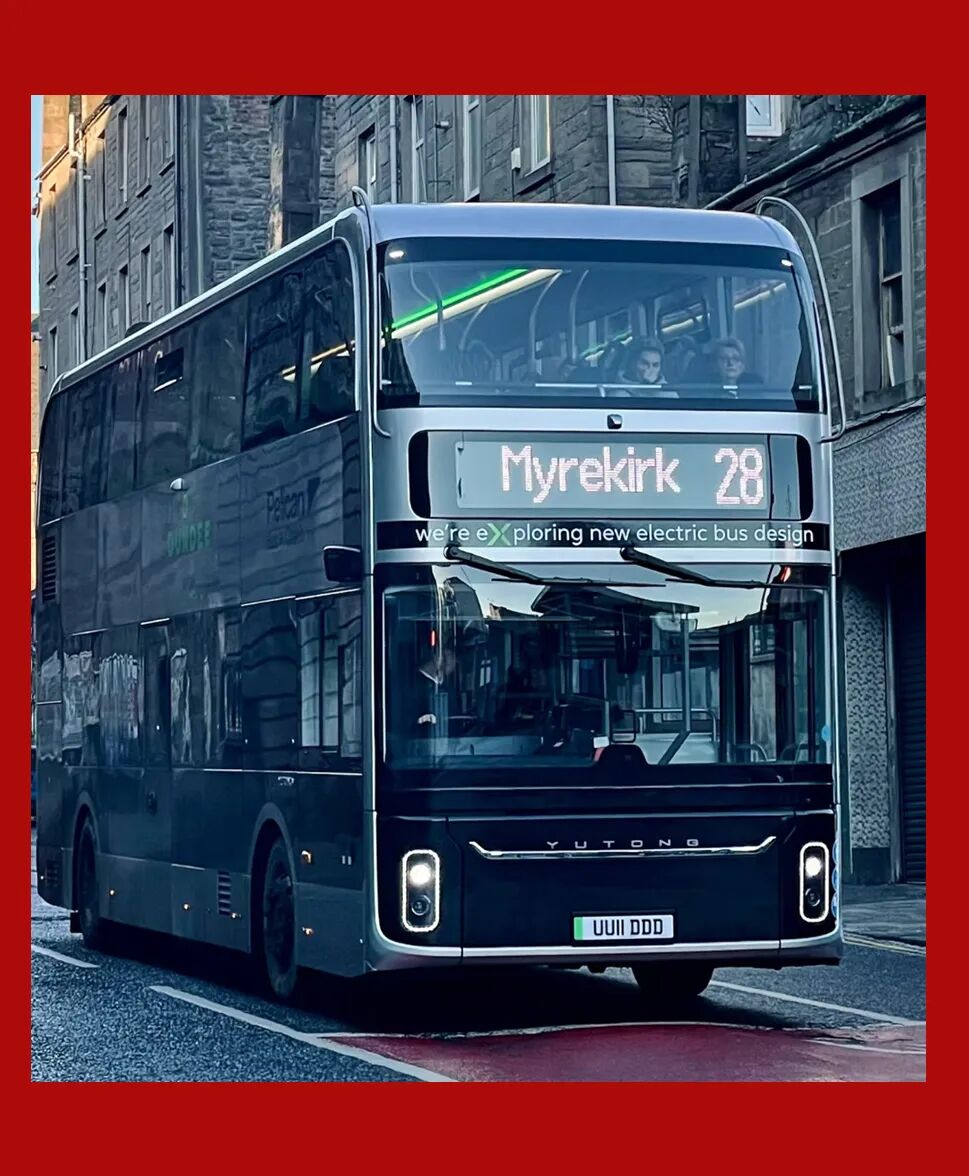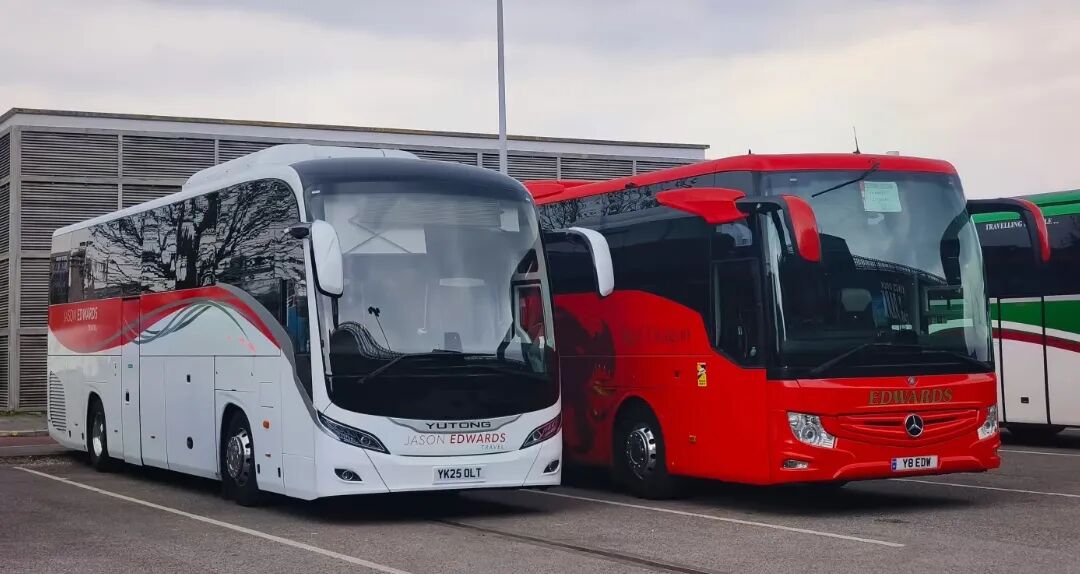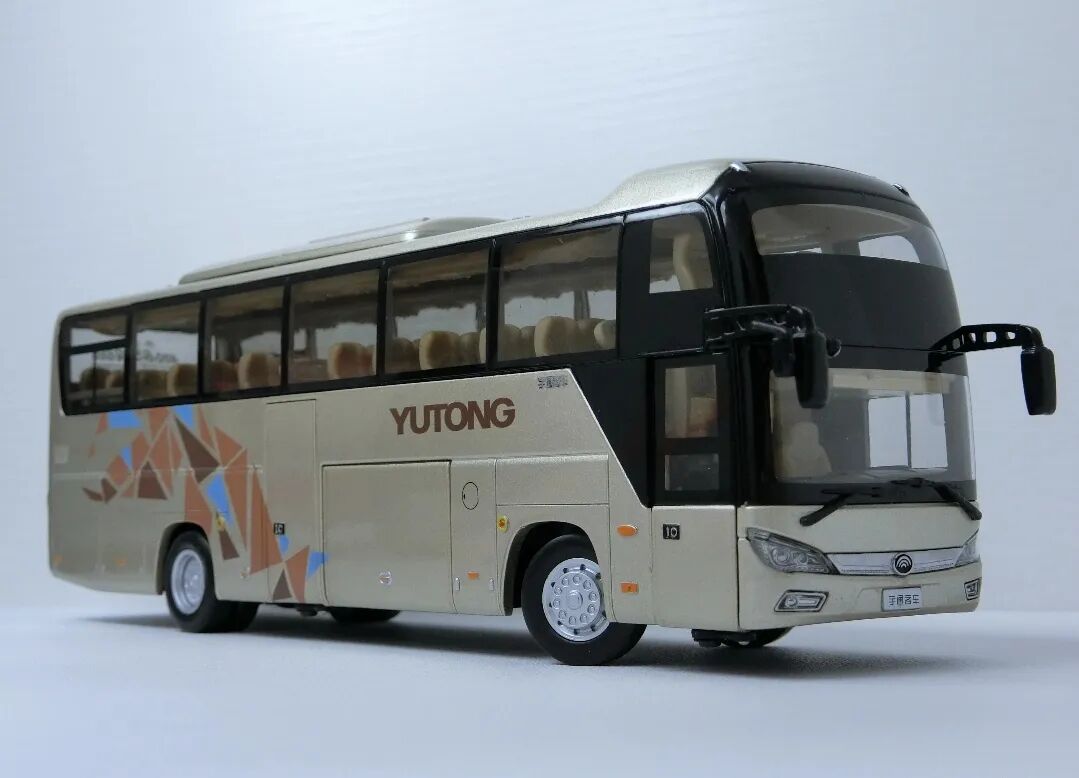Yutong Bus: Witnessing Dual Surge in Revenue and Profits, Yet Confronting Latent Challenges
![]() 11/21 2025
11/21 2025
![]() 536
536

Authored by / Liu Yang
Presented by / Five-Star Vehicle Review
The financial report reveals that in the third quarter, Yutong Bus Co., Ltd. (hereinafter referred to as 'Yutong Bus') registered a revenue of 10.237 billion yuan, marking a year-on-year surge of 32.27%. Its net profit attributable to shareholders stood at 1.357 billion yuan, up by 78.98% year-on-year.
Having weathered a downturn in the bus market in recent years, Yutong Bus, once a frontrunner in the industry, is now on an upward trajectory. Nevertheless, beneath the dual growth in revenue and profits, the underlying crisis faced by Yutong Bus remains unresolved. The linchpin to sustaining its industry-leading position hinges on achieving heightened sales growth amidst fierce competition.
01 26.366 Billion Yuan Revenue in the First Three Quarters: Industry Leader Grapples with Growth Anxieties
The financial report indicates that in the first three quarters, Yutong Bus reported a revenue of 26.366 billion yuan, up by 9.52% year-on-year. Its net profit attributable to shareholders reached 3.292 billion yuan, up by 35.38% year-on-year. Excluding non-recurring items, the net profit attributable to shareholders was 2.616 billion yuan, up by 26.30% year-on-year, with earnings per share hovering around 1.49 yuan.

Superficially, both revenue and profits have exhibited substantial growth. However, in reality, these figures still fall short of Yutong's self-imposed target of 42.133 billion yuan in annual revenue for 2025.
Admittedly, given the nature of the bus industry, where orders are secured first and then fulfilled in bulk, achieving the target of 15.767 billion yuan in the fourth quarter seems plausible based on current order volumes. However, amidst fierce market competition, Yutong Bus has already exhibited signs of decelerating growth.
Data reveals that from January to September, Yutong sold a total of 17,504 large buses, down by 1.76% year-on-year; 10,009 medium-sized buses, up by 1.50% year-on-year; and 6,043 light buses, up by 64.75% year-on-year.
Although Yutong Bus currently leads the industry in sales, this performance, predominantly bolstered by traditional buses, poses significant development risks for the company.
After all, amidst the comprehensive electrification trend, the steady decline in the market share of traditional fuel buses is an irreversible industry phenomenon. Bus companies can only secure a future by capitalizing on the new energy vehicle market. Precisely in the new energy bus sector, Yutong is embroiled in a fiercer battle for market share.
In the first three quarters of this year, China's new energy bus sales reached 36,000 units, up by 37.18% year-on-year. Among them, Yutong Bus topped the charts with 9,684 units sold.
Although Yutong Bus currently leads in new energy bus sales, its growth rate of 53.3% pales in comparison to BYD's 112% and Xiamen Golden Dragon's 70.2%. If Yutong fails to achieve a higher growth rate in the upcoming market competition, it risks being overtaken by BYD, which is exhibiting stronger upward momentum.
In terms of exports, another burgeoning market for buses, Yutong also faces considerable pressure. In the first three quarters of 2025, China's total bus exports reached 75,000 units, up by 49% year-on-year, marking the highest record for the same period in the past five years. Among them, pure electric bus exports surged by 120% year-on-year, emerging as the primary growth driver.
However, precisely in the export of pure electric buses, Yutong Bus has been eclipsed by BYD, relinquishing its position as the top exporter of new energy buses. Data reveals that in the first three quarters, BYD's new energy bus exports reached 3,665 units, accounting for a 26.57% market share, ranking first in the industry.
In contrast, Yutong's new energy bus exports stood at a mere 2,341 units, lagging significantly behind BYD. Owing to the loss of market share in new energy bus exports, Yutong Bus's market share in bus exports for the first three quarters was only 19.32%, with faster-growing competitors eroding its share, placing a heavy burden on Yutong's growth.
02 Is the 'Value War' Losing Its Edge? Setbacks in the Transition to New Energy Heavy Trucks
Faced with the declining bus market, Yutong Bus, as the industry leader, pioneered the transition to the new energy heavy truck sector, securing a notable first-mover advantage. In 2024, it sold 738 units, accounting for a 16.62% market share, ranking first in the industry.

However, this trend of leading new energy heavy truck development encountered a setback this year, as Yutong was overtaken by companies such as FAW Jiefang, XCMG Automotive, and Sany Heavy Truck.
Data reveals that from January to October 2025, five new energy tractor manufacturers exceeded sales of 10,000 units, with all five experiencing year-on-year sales growth exceeding 200%. In contrast, Yutong's sales from January to October were only 2,297 units, down by 5% year-on-year, making it the sole company among the top 10 in sales to experience a decline.
2025 is deemed the inaugural year for the market-oriented development of new energy heavy trucks. From January to October, China's new energy tractor sales surged by 239% year-on-year, with cumulative sales exceeding 100,000 units.
Amidst this significant industry growth, the former sales champion has been left far behind. As of August 2025, Yutong's market share in the new energy heavy truck sector has dwindled to 2.33%.
The fundamental reason for Yutong's lagging sales performance lies in the ineffectiveness of its persistent 'value war' strategy amidst the current fierce industry competition.
Yutong's new energy heavy trucks have been renowned for their lightweight, intelligent design, featuring full-scenario adaptability, low energy consumption, and efficient operational capabilities, positioning them as paragons of high-quality new energy heavy trucks.
High quality inevitably comes at a premium. Dealers report that Yutong's new energy heavy truck models are generally priced higher than competitors in the terminal sales market. Yutong has also embraced a strategy of competing on product value and service experience. 'When others engage in price wars, following suit won't suffice. One must transcend price wars and focus on value rather than price,' a Yutong executive remarked when confronted with intense price competition. This stance has led Yutong to persist in a value-based strategy rather than succumbing to price competition. However, this value war strategy has proven ineffective in this year's market competition.
The persistent decline in freight rates and the prolonged downturn in the freight industry have rendered new energy heavy truck users more pragmatic, focusing more on operational costs. The primary concern when purchasing vehicles has shifted to whether higher purchase costs can be recouped within a foreseeable timeframe through lower operational costs.
Yutong's high-quality new energy heavy trucks, however, have failed to provide users with a compelling rationale, preventing them from swiftly validating Yutong's value proposition. Consequently, they have been inevitably supplanted by more cost-effective alternatives.
Amidst the rapid market-oriented development of new energy heavy trucks, Yutong's adherence to a value war has hindered its ability to promptly address users' increased focus on cost-effectiveness, causing it to forfeit growth opportunities and market share. This also raises apprehensions about the sustainability of its new energy transition and development.
In its future endeavors, the transformation of the leading player in the bus sector necessitates a more thorough and market-oriented approach to fully reclaim its former leading position.
------- The end -------








